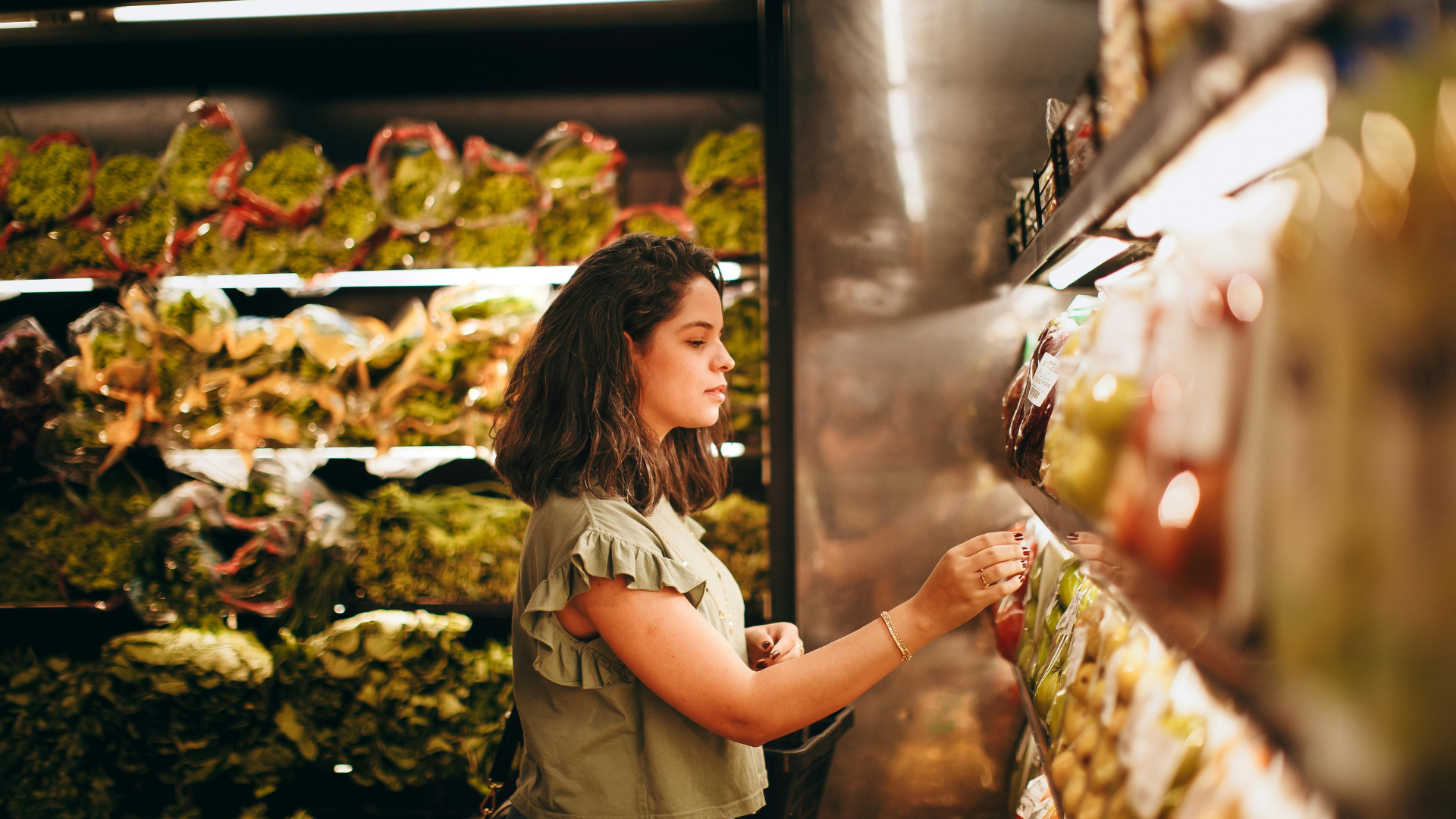Nearly all pregnant women have had alterations of their experiences because of the novel coronavirus (COVID-19). Since mid-March, much of the country has been confined to strict rules and guidelines to help prevent the spread of the virus which include social distancing, mask requirements and telehealth visits with medical professionals. In short, COVID-19 has changed pregnancy by keeping expectant mothers farther from support – friends and family, birth support people and even doctors and partners, who can’t attend appointments. As we have learned about social isolation in our research around seniors, such isolation can cause stress and anxiety which can affect every part of a pregnancy. It can do everything from causing high blood pressure to increasing the chances of preterm labor.
Isolation can cause stress and anxiety which can affect every part of a pregnancy.
In a previous piece, still, I highlighted that to date there was no evidence that the coronavirus affected pregnant women, without underlying conditions, any more or less than their nonpregnant counterparts. However, the Centers for Disease Control and Prevention (CDC) recently published the first major study on the impact of the coronavirus and pregnancy which declared that’s not quite the case. The study and subsequent report revealed that pregnant women who have contracted COVID-19 are in fact at an increased risk for hospitalization, intensive care unit (ICU) admission and mechanical ventilation but not death. Additionally, the report affirmed that Hispanic and non-Hispanic Black pregnant women appear to be disproportionately affected by COVID-19 during pregnancy. This comes as no surprise given the racial disparities we have witnessed and reported on that show African-Americans are much less likely to have jobs that allow them to work remotely, leaving them either unemployed or working an essential job that leaves them vulnerable and at-risk. All African-Americans also have an increased likelihood of having chronic health conditions which in turn puts them at a greater risk of COVID-19 hospitalization and complications. It’s important to note that because various jurisdictions report data differently, researchers were unable to say how many hospitalized mothers-to-be were admitted because of complications from the virus or because of complications with their pregnancies. [1]
Hispanic and non-Hispanic Black pregnant women appear to be disproportionately affected by COVID-19 during pregnancy.
Although much is still unknown about the effects of COVID-19 on pregnancy, recent studies reveal there is strong evidence mother-to-child transmission during pregnancy is likely, adding to what we already knew that following birth, a newborn is immediately susceptible to person-to-person spread. [[2]](http://2. https://www.nature.com/articles/s41467-020-17436-6)
While the CDC will continue to track data on COVID-19 cases in pregnant women to better understand its impact on pregnancy here, the CDC, as well as most medical professionals, insist that this study just reinforces the need for pregnant women to be cautious. As experts learn more everyday about COVID-19, it’s important that pregnant women follow the CDC guidelines on prevention which include wearing a mask, monitoring daily health and washing hands often.
As experts learn more everyday about COVID-19, it’s important that pregnant women follow the CDC guidelines on prevention.
To better track COVID-19 in pregnant women, the CDC is encouraging local health departments to check a box on the COVID-19 Case Report Form and fill out an additional form if the patient is found to be pregnant and positive for COVID-19. This is part of an effort by the CDC which has initiated “COVID-19 pregnancy surveillance” to address gaps in data following the first study.








